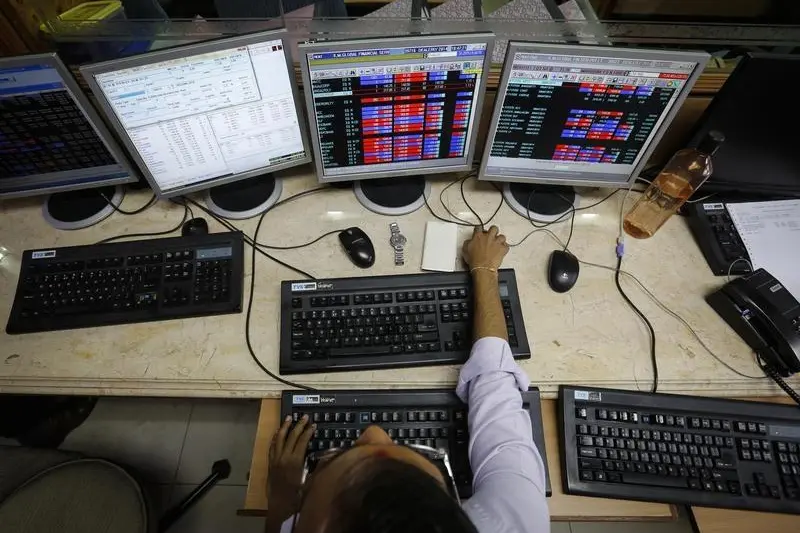PHOTO
India's maiden sale of ultra-long bonds this week will lower borrowing costs for the government as large insurance and pension funds are expected to scoop up the issue, fund managers and analysts said.
With the sale of 100 billion rupees ($1.2 billion) of a 50-year bond on Friday, Asia's third-largest economy will join a handful of countries that actively issue such papers, as per LSEG data.
Two more tranches will be sold by the end of March.
The bonds are likely to be sold at a yield that will only be one-to-two basis points higher than the yield on the 40-year paper, according to Aneesh Srivastava, executive director and chief investment officer at Star Health Insurance.
A 40-year bond that matures in 2063 is currently the longest-duration bond sold by India.
On Wednesday, the 40-year bond was bid at 7.53% while a 30-year note was dealt at 7.52%.
"There should be strong demand for this paper especially from insurance companies, as it is a classic investor stock," said Vikas Goel, managing director at PNB Gilts.
Insurers and pension funds' government debt purchases have risen over the last few years because of strong demand for their products.
Bond purchases by the so-called 'others' category - consisting primarily of insurers and pension funds - have risen to 1.39 trillion rupees this year from 1.10 trillion rupees in 2022, clearing house data shows.
"There are some insurance products that require an additional 10 year of duration, mainly due to the nature of ALM (asset liability management) gaps," Churchil Bhatt, executive vice president at Kotak Mahindra Life Insurance, said.
Strong demand at the 50-year sale will result in the yield curve remaining flat, while elongating the maturity of the government's debt and keeping its overall interest burden in check.
"The issuance of longer maturity debt will also elongate the weighted average maturity of bonds (outstanding borrowing)," said Gaura Sen Gupta, an economist with IDFC First Bank.
"Since fiscal year 2020 the weighted average maturity of bonds has been rising."
($1 = 83.2625 Indian rupees)
(Reporting by Dharamraj Dhutia; Editing by Swati Bhat and Mrigank Dhaniwala)





















